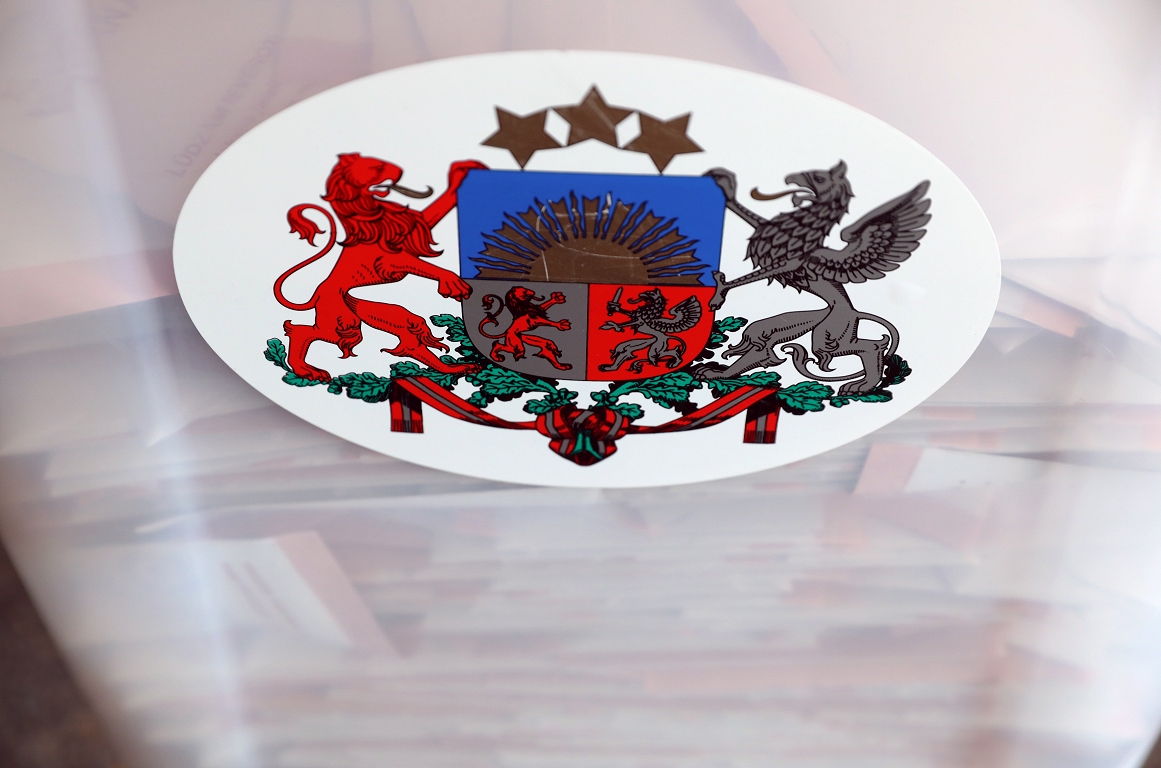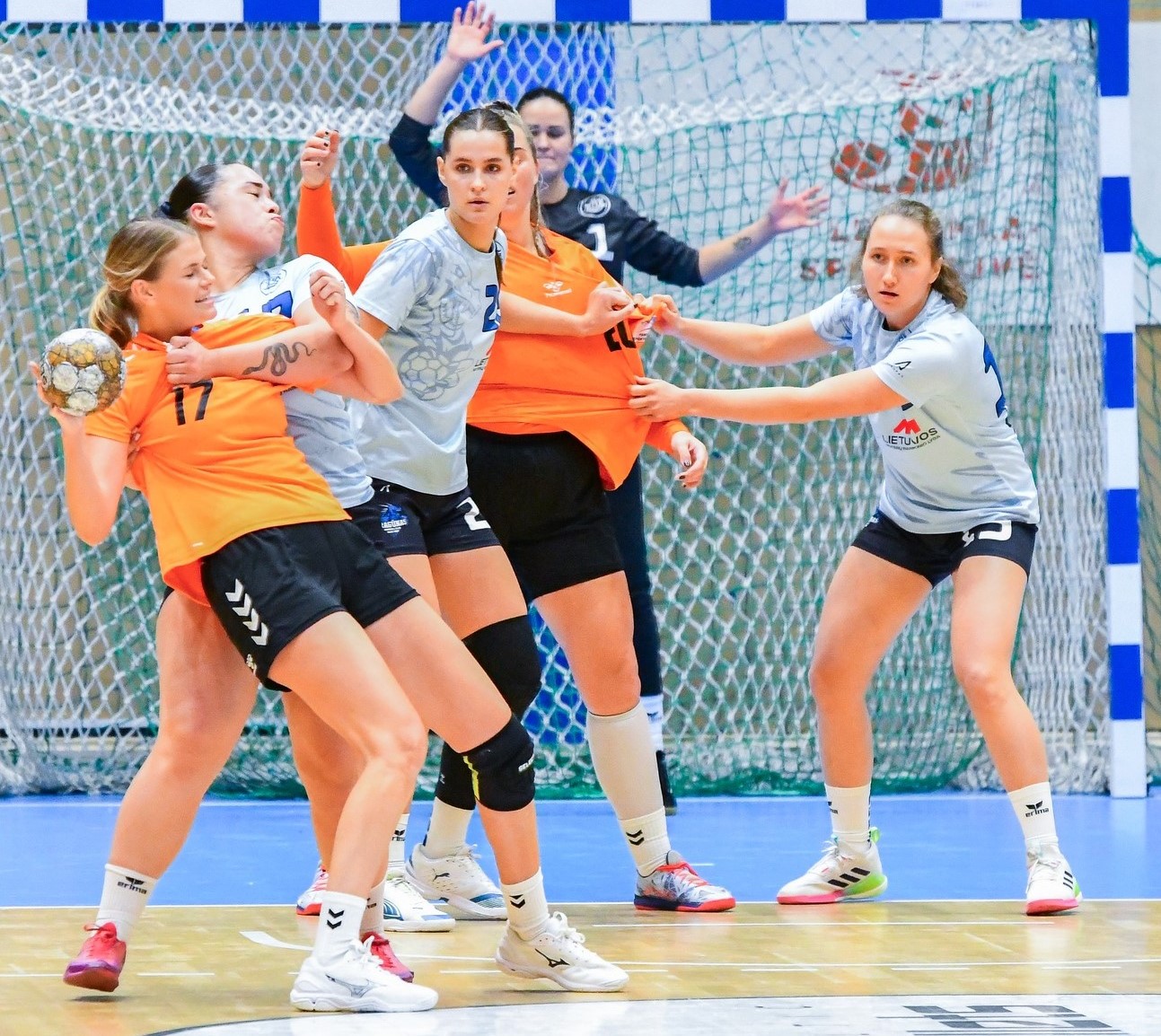Interview with author Zara Uzun Kjellner

In the old eastern bloc there was a popular form of jokes about the bad conditions in society: Radio Jerevan. The storyteller was somehow pretended to be part of a radio broadcast that was about making fun of the Soviet regime and its propaganda.
Internationally, however, the « real » radio Jerevan became known to broadcast radio programs in Kurdish from the 1950s. It happened at first from Armenia, which was then part of the Soviet Union. Common to the Soviet jokes was that the radio program was banned – because it depicted a reality that was not made up in propaganda. It is the Kurdish pirate radio that is inspired both to the title and a pervasive theme in Zara Uzun Kjellner’s third novel « Radio Yerevan ».
– It was not until the end of the work on the novel that the title revealed. I traveled to Kurdistan, or southern Turkey, to participate in a memorial ceremony for my uncle Mehmed Uzun. During the trip I read about his novel « Pomegranate Bloom » and was completely fascinated by the chapter on Radio Jerevan, says Zara Uzun Kjellner and takes a sip of the quick coffee.
We sit in a colonial cottage in Tanto at Södermalm in Stockholm. She has borrowed it from Nebi, a friend of her dad – and just like him proud Kurd. Around us in the cottage there are Kurdish rugs. In the garden the apple tree blooms. Apricot and receipt trees have not yet burst into bloom. Nebi unlocks the little cottage and proudly explains:
– Welcome to Swedish Kurdistan!
Then he leaves us in peace. Zara Uzun Kjellner pours coffee and sits down on the sofa.
– I thought it was nice to be seen here, because so much Kurdistan is not in so many other places in Stockholm, says Zara Uzun Kjellner.
In « pomegranate bloom », author Mehmed Uzun describes how he listens to Radio Jerevan with his father – Zara’s grandfather.
– The pieces fell into place. So it had to be the title. I see it as a greeting to grandfather and my uncle, and so it was like a sign: that the novel could be finished now.
In Zara Uzun Kjellner’s novel, it is teeming with names. In a story, the girl Jila is allowed to accompany her father, under strict orders to never tell anyone, to the secret radio station where the Kurds send radio in secret for the Turkish military. In another thread of the story, the women listen Wenda and Serra on the radio station in a Späti (a kind of night opening quick route) In Berlin and in a third story, a young man sits at a call center somewhere in Turkey and rattles the station.

– Radio Jerevan became a way to tie the stories together. It became the perfect symbol to describe the divide and the applicants of all people, both in succession and after the Kurdish language.
She herself began to write on the novel when her father and her younger sister moved to Kurdistan almost three years ago. Some time before that, her grandmother had passed away. She felt a strong feeling of emptiness, she says:
– Yes, or a sense of deficiency maybe. Starting to write became a way for me to try to fill the hole in me which is also a hole after Kurdistan.
When Zara Uzun Kjellner was a child, her father talked to her. Then she has lost the language and she suffered strongly from it just when her grandmother passed away.
– We just sat there looking at each other, so extremely close but without being able to say a word. I am so scared that the same thing will happen to my sister who has moved to Kurdistan now, that we will stop understanding each other.

She has therefore begun to plug Kurmanji, which is the one Kurdish dialect, the one she spoke as a child. In addition, she has added Uzun to her name – I suggest that it is another way to hold on to a Kurdish identity, but only gets partly right.
– Absolutely, though it’s a Turkish name. Dad must have it because he lives in Turkey. Many Kurds change their names back and forth. They have their Kurdish names in Sweden, but if they return to Turkey, they must take Turkish names.
– I have grown up in a jumble of language, with a Swedish mother and a Kurdish father. For me, it is not something firm, as for many of my friends here in Stockholm who have the Swedish as the only mother tongue. Although I do not master Kurdish, there are sounds and words I recognize and get clear associations with my childhood.

Language is also a common theme in novels about the diaspora. And such is really « Radio Yerevan ». It takes place geographically in Diyarbakır in southeastern Turkey, a city that is considered the center of the Kurdish independence movement, Bochum and Berlin in Germany and in Drakenbergsparken, not far from the colonial cottage where we sit in Tantolunden.
– For Jila in the novel, the dragon in Drakenbergsparken is very important. It belongs to something her family left behind, but she sees it between the high -rise buildings in Diyarbakır. When it lifts, it becomes a kind of power that she can channel.
In the large personal gallery in the book, two sisters stand out a little extra: Zerya and Serra. They have both moved from Kurdistan to Germany. The proper Zerya lives with a German man in Bochum in the Ruhr area. The couple both work as archaeologists at the university and at least at the beginning of the story they seem to be a very stable and successful couple.
– They exotify each other in different ways. She sees him as super German. She sexually fantasizes that he is an Aryer who, as well as penetrating her pure blood into her. And he treats her as an archaeological object that comes from an area in the world where it is usually said that the cradle of civilization was low.

If Zerya is orderly and wants to be assimilated in German society, her sister Serra behaves in a completely different way. She turns off the cellphone so that no one can get her, laces Zerya’s savings and sticks to Berlin.
– Yes, she just wants to go around the clubs, take ketamine and in a way escape its origin.
When Serra does not hang on bars and clubs in Neukölln and Kreuzberg, she attends a language course where she meets students from other countries. The Turkish girls who study extensively to work in the cheap business at Hermannstrasse, Norwegian Eva who see the stay in Berlin as a kind of party holiday, the two Czech gay guys who only want to pick up and party and who sleep through the lessons.
– I wanted to portray that European freedom is double. For Eva, it doesn’t matter if she learns anything. For the Turkish girls, the German language becomes a must for them to get jobs. Europe can be so much, depending on perspectives, and on a language course in Berlin, all these experiences gather in one classroom.
Where students both fight for their existence and think about which club to visit in the evening.
– Exactly. Europe has, like self -confidence, that « we are a paradise, everyone wants to come here ». But in reality, Europe is a huge disappointment for so many: it is xenophobic and so difficult to get into.

In an article that Zara Uzun Kjellner recently wrote because we read, she refers to a text by author Agri Ismaïl about how taboo sex and desires is in Kurdistan. I suggest that she chose to place the person I see as the collective novel’s foremost protagonist, Serra, in Berlin because that city stands for a culture that is the exact opposite of taboo when it comes to sex and desire.
– Now that you say it, it’s really true. Sexually, they are each other’s absolute opposites. But that was probably not why. I had Germany with me all the time because I was in Berlin a lot and met Kurds there. The Berlin diaspora is very established and exciting.
Over the colonial cottage in Tanto, the Kurdish flag is waving. But otherwise Zara Uzun Kjellner lacks the Kurdish culture in Stockholm and Sweden. She says it has become dangerous lately to be Kurd in Sweden « .
-With the NATO entry and that the government changed approach, it was actually so. Many Kurdish associations shut down. During Kurdish demonstrations, the air is full of drones that map them. It’s scary.
She thinks it is sad, because Sweden was long a kind of sanctuary for Kurdish culture.
– There are more Kurdish book publishers in Sweden than anywhere else. Our culture has been encouraged here. Until now. I really hope that the government can influence Turkey so that Joakim Medin is released. But I am afraid of what concessions Ulf Kristersson makes against Turkey. I think he has already sacrificed more than we know in the NATO negotiations.
At the same time, Kurdish culture remains strong. When she had a release party for her book, a long line of Kurdish-Swedish politicians, actors and writers came.
– There is really a Kurdish cultural intelligence in Stockholm. Culture always exists, and if there are no opportunities to express oneself in Kurdistan, it bubbles up elsewhere – like here in Tanto.
Read more:
The film duo behind « Unanimal »: « We humans are also animals »
Sakine Madon: Joakim Medin’s journalism reveals the double world of the Western world









/s3/static.nrc.nl/images/gn4/stripped/data131495621-6ae4ac.jpg)